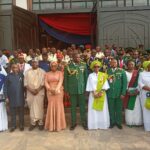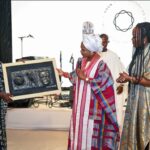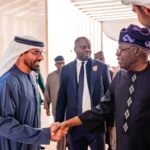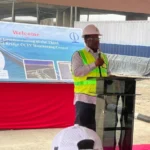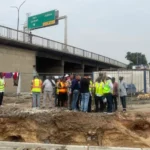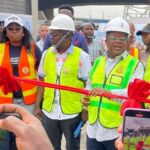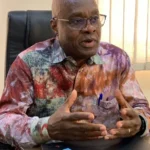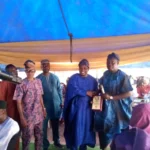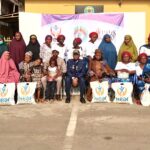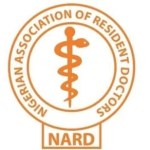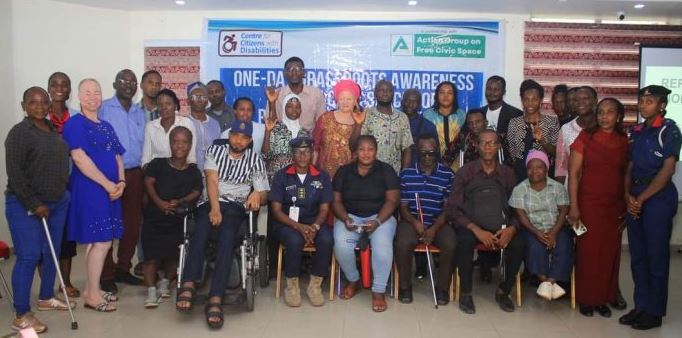By Lilian U. Okoro
The Centre for Citizens with Disabilities (CCD) has canvassed for Persons With Disabilities (PWDs) to be given their fundamental civil rights to access public civic spaces within the Ikorodu Local Government Area of Lagos State.
The Programme Assistant of CCD, Tosin Aniramu, made the call at an advocacy programme titled: “One-Day Grassroot Awareness On Free Civic Space For PWDs In Ikorodu”, in Lagos.
Aniramu said the advocacy was as a result of denial of PWDs access to public civic spaces including banks, hospitals, schools, religious centres etc within Ikorodu area of Lagos.
According to her, the programme is in line with CCD’s statutory responsibility and commitment to advocate and promote the lots of PWDs in Nigeria.
Delivering a presentation entitled: “Introduction To Disability And Disability Rights”, Aniramu sensitised participants on the Concept of Disability Clusters, Models of Disability and Disabilities Rights.
She emphasised that PWDs had the fundamental rights to access civic spaces not only at Ikorodu, but also in other parts of the country.
Quoting statistics, Aniramu said that about 16 per cent of the world’s population (1.3 billion persons) lived with one form of disability or the other, and about 29 million Nigerians had one disability or the other as at 2018.
According to her, the World Bank disability growth rate in Nigeria is increasing, owing to consistent conflict, violence, accidents and poor healthcare system.
She, however, said that the best model of disability was the ‘Human Right Model’ which emphasises the dignity of persons with disabilities and their human, political, economic, social and cultural rights.
She said, “The ‘Religious Model’ regards disability as a punishment from God due to sins of the individual or the family.
“The ‘Medical Model’ regards disability as curable and avoidable, while the ‘Charity Model’ describes PWDs as victims of circumstance who are suffering tragic situations and as such should be pitted as they need special services and institutions.
“Unfortunately, on a daily basis, the rights of PWDs are infringed upon by many factors, including ‘Attitudinal Barriers’ stemming from discrimination and stigmatisation, lack of social acceptance, poor parental and guardian attitude.
“Perceptions and beliefs about PWDs; ‘institutional barrier, as lack of implementation and enforcement of legal frameworks, bureaucracy and corruption, low budget allocation for social welfare and low level of awareness on disability inclusion”.
Aniramu said for successful inclusivity of PWDs, the CSOs and media should lobby for inclusive budgeting as well as track budget utilisation and mainstream disability activities, saying that processes and operations should be disability-inclusive.
She also called for more advocacy to influence social change as well as strict enforcement of relevant legal framework and creating more awareness and report violation of PWDs rights.
Aniramu, therefore, recommended using the UN Approved Disability-Inclusive Terminologies when referring or addressing the PWDs. (NAN)(www.nannews.ng)
Edited by Vivian Ihechu

